News Feature
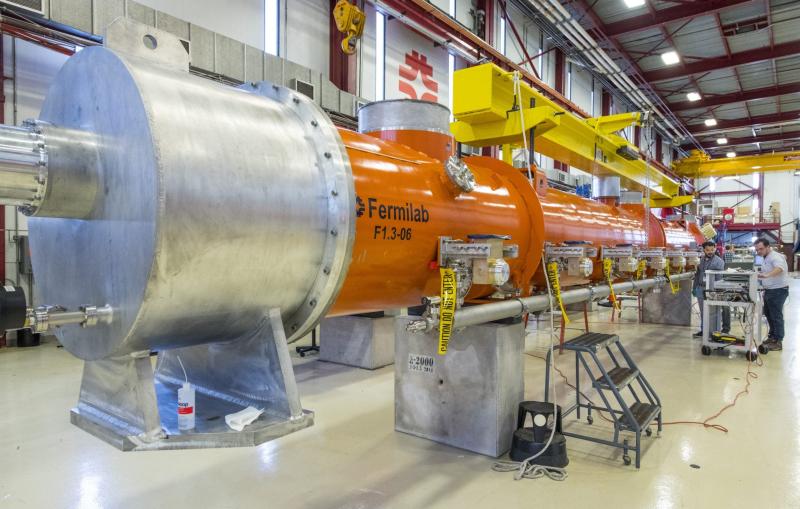
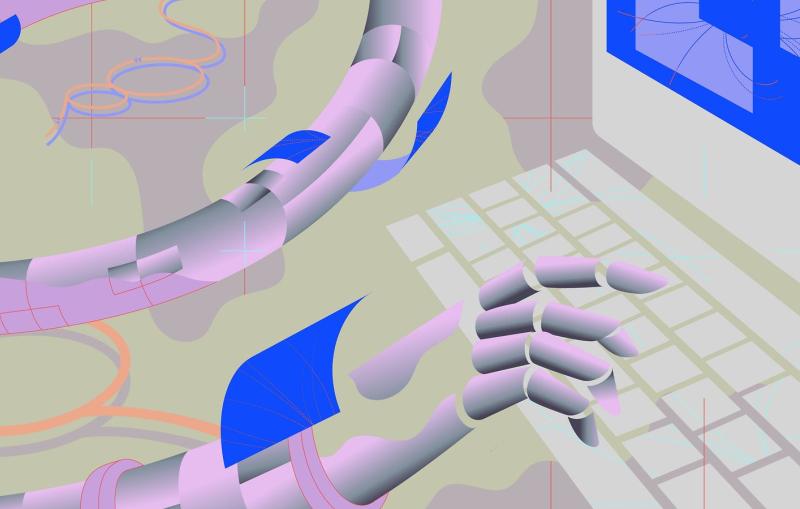
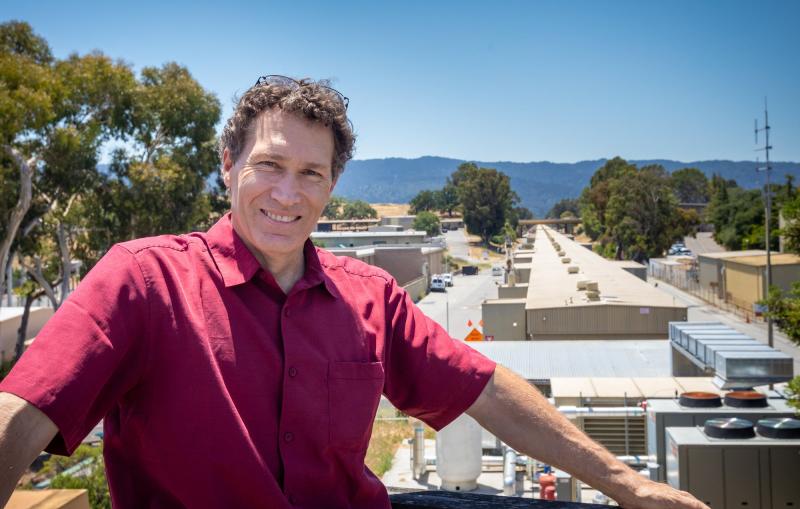
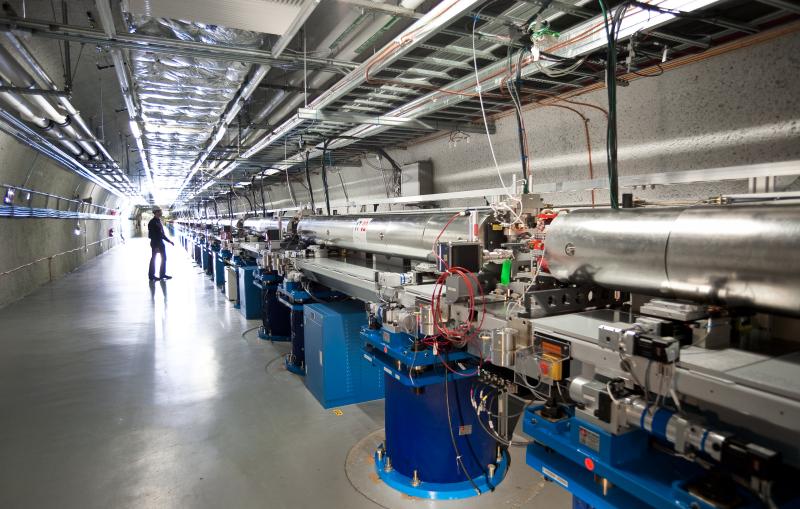
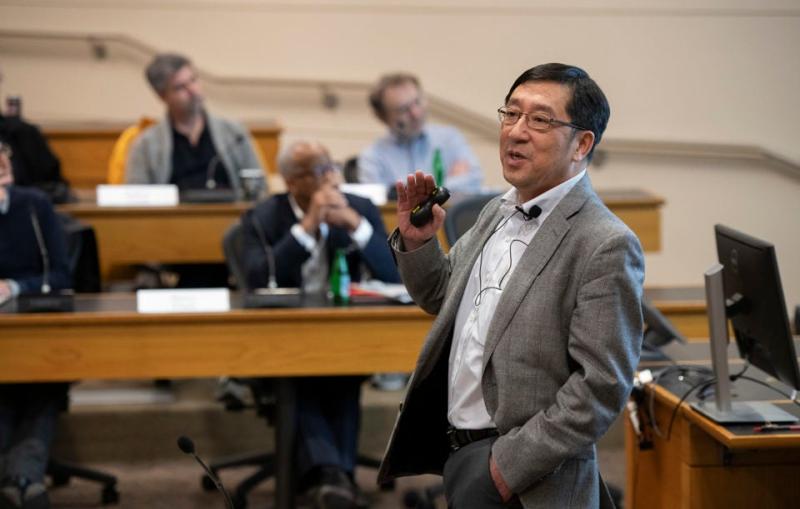
LCLS-II will be a transformative tool for energy science, qualitatively changing the way that X-ray imaging, scattering and spectroscopy can be used to study how natural and artificial systems function. It will produce X-ray pulses that are 10,000 times brighter, on average, than those of LCLS and that arrive up to a million times per second.
Related Link:
LCLS-II




